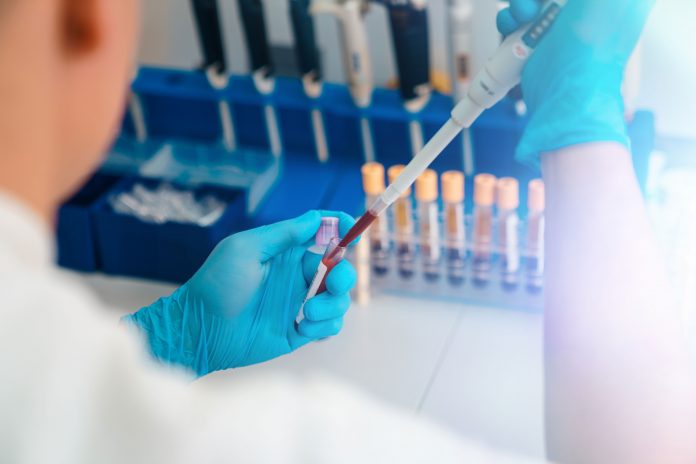Blood
First Blood Test for Dozens of Hereditary Cancers Approved by FDA
The FDA has approved the first blood test that can help identify hundreds of potentially cancer-associated hereditary variants. The Invitae Common Hereditary Cancers Panel evaluates a blood sample to identify DNA variants in 47 genes associated with an elevated risk of developing certain types of cancer.
The agency has granted de novo marketing authorization for the test, which creates a new regulatory classification. Subsequent devices of the same type may go through FDA’s 510(k) premarket process for marketing approval. Along with this De Novo authorization, the FDA is establishing special controls that define the requirements related to labeling and performance testing. For example, accuracy for reporting of substitutions, insertions/deletions, and copy number variants must be ≥99.0% for positive agreement and ≥99.9% for negative agreement with a validated orthogonal method.
“This [Invitae’s] test can assess multiple genes in a single test by using next-generation sequencing, which has proven helpful in providing insight into genetic variants with sensitivity and speed,” said Jeff Shuren, MD, JD, director of the FDA’s Center for Devices and Radiological Health.
According to the Centers for Disease Control and Prevention (CDC), there are more than 100 different types of cancer, which is the second leading cause of death in the US behind heart disease. Meanwhile, the number of hereditary cancer variants identified has steadily increased, as well as the number of tests for them. But there is not much of an increase in testing for these.
In a recent presentation at ASCO, a research team at University of Vermont Medical Center partnered with Invitae to test patients with advanced cancer early and then offer genetic counseling if a pathogenic genetic variant was identified. Patients and healthcare providers were given a survey to gauge their satisfaction with the streamlined testing process. More than 94% of patients appreciated having undergone testing during an existing appointment and 82% of participants felt confident that they understood the results of their test.
For Invitae’s prescription test, the specimen is collected at the point of care, such as a doctor’s office, and sent to a laboratory for testing. The clinical interpretation of the variants is based on evidence from published literature, public databases, prediction programs, and the company’s internal curated variants database using variant interpretation criteria based on those established by professional organizations or accredited boards.
Some of the most clinically significant genes that the test identifies are: BRCA1 and BRCA2, which are genes with known associations to hereditary breast and ovarian cancer syndrome, Lynch syndrome associated genes (MLH1, MSH2, MSH6, PMS2 and EPCAM), CDH1 (mainly associated with hereditary diffuse gastric cancer, and lobular breast cancer), and STK11 (associated with Peutz-Jeghers Syndrome).
The risks associated with the test are false positive or false negative test results, as well as possible misunderstanding of the results. False negative test results may provide a false sense of assurance and these patients may not receive appropriate surveillance or clinical management.

